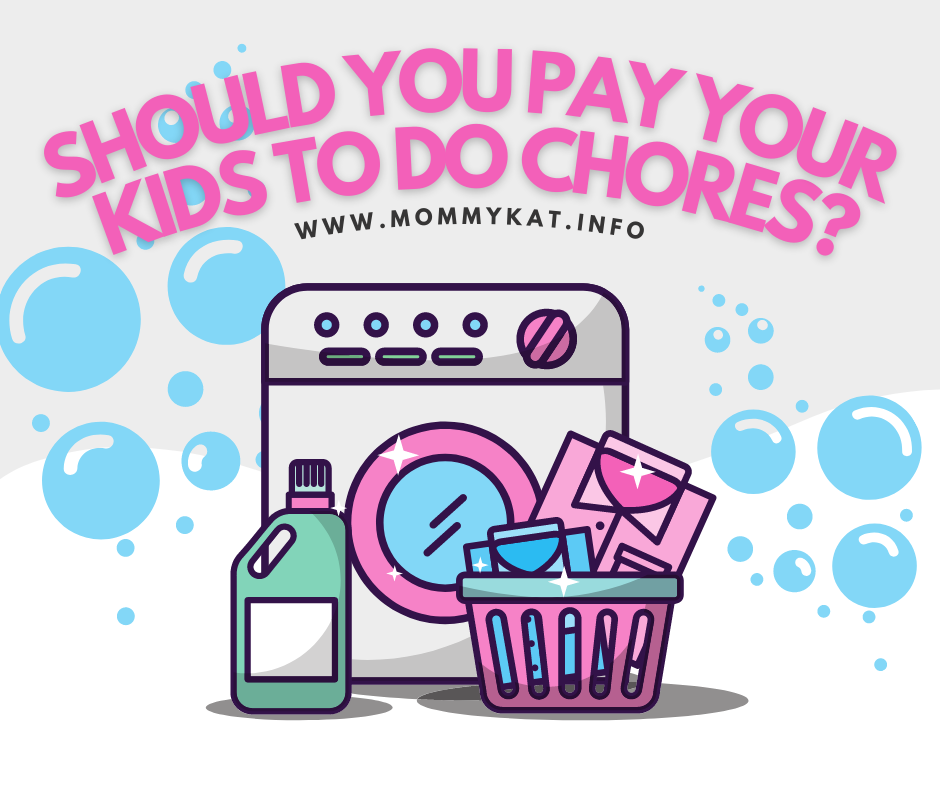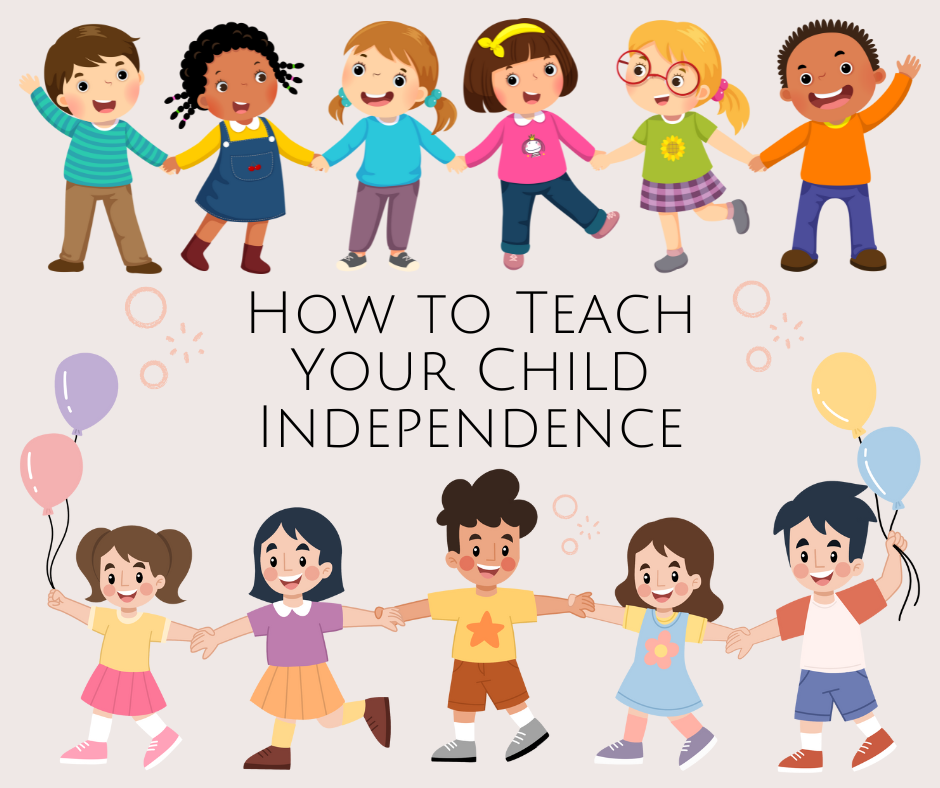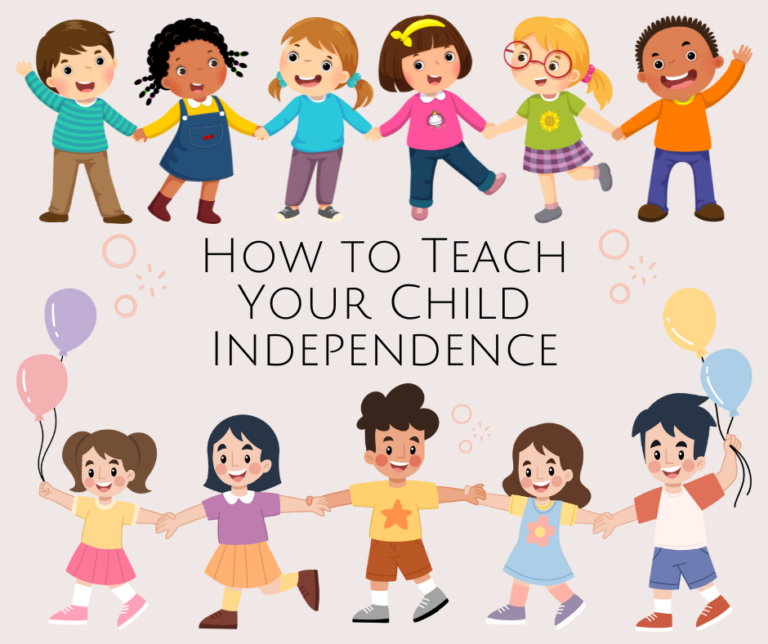Let’s be real, nobody likes doing chores. However, it’s an essential part of a child’s development! They learn to be more responsible and helpful by doing chores. It also lets them move around the house and interact with members of the family instead of being cooped up in the bedroom all day. Yes, chores can be annoying, and getting your kids to do chores is annoying too, but there are a lot of benefits to it.
Some parents encourage their kids to do chores by giving them pay for their time. Other parents, however, discourage it because it implies that kids should only contribute to the household for money and not because they want to.
We disagree with the latter. As long as you make doing chores fun for your children, it will be beneficial for the whole family and not just them!
Let’s dive deeper into why giving pay to your kids for them to do chores is so helpful.
The Value of Money
You can use the experience to teach them the value of money. As carefree children, they’ve probably gotten used to their parents and guardians paying for everything. They don’t have to worry about where to get money for the electricity bill, or holding off on a new phone to buy something more important. They take money for granted, which is perfectly okay—they’re just kids, after all.
However, while you definitely shouldn’t be burdening your kids with financial problems, letting them know money doesn’t grow on trees is important too. You’re not going to be around forever to finance their needs and wants. They’re going to have to learn how to earn for themselves too. And what better way to do that than by doing simple tasks under the guidance of their loved ones?
The Importance of Budgeting
You can also use the experience to teach them the importance of saving. Money might not grow on trees, but they keep coming as long as you work hard enough. And since work can be taxing, your kids will want to make sure they save some money for a rainy day. If they want to spend beyond their means, they would either have to work more for a short time or spend less for a long time.
This lesson is especially crucial during childhood because it’s risk-free. You’re still there to discipline them and raise them right. Learning how to budget during adulthood, on the other hand, is incredibly dangerous. You don’t want them finally understanding the importance of having savings when they’re thousands of dollars in credit card debt. You also don’t want them borrowing money from unscrupulous people out of desperation. That’s irreversible and hard to get out of.
Consistency is Key
Encouraging your kids to do chores tells them that they’re not going to get everything they want in life. Life isn’t all fun and games—you have to do things you hate doing too like taking out the trash or washing the kitchen essentials. That’s inescapable and inevitable.
Should they sit and cry about how they don’t want to do it all day? Of course, not! They’re not going to last in a real job in the real world for long if they do. They need to suck things up and do the job. It’s either that or accept that you’re not going to gain anything out of it like money to fund your expenses or great relationships with future bosses and coworkers.
Additionally, doing chores teaches them how to persevere. They can’t quit every time they’re faced with something difficult. They can’t shoot down people of authority (in this case: you) because they don’t like being told what to do. You might be lenient with that behavior, but others will not be.
Team Work Is Essential
Lastly, your kids will learn that teamwork is important for many things in life. Running a household shouldn’t be left to the parents alone. Kids shouldn’t have to pay rent or buy groceries, of course, but simple chores like washing the dishes and folding laundry make the burden a lot lighter on other people in the household.
Developing this habit will also help them foster healthy relationships in the future. Whether it’s with friends, coworkers, or partners, a relationship where one person does all the heavy lifting is doomed to fail. Goals will also be much harder to accomplish if only one person does the work. Kids need to know that it’s okay to help others out and ask for help in return when they feel alone.










